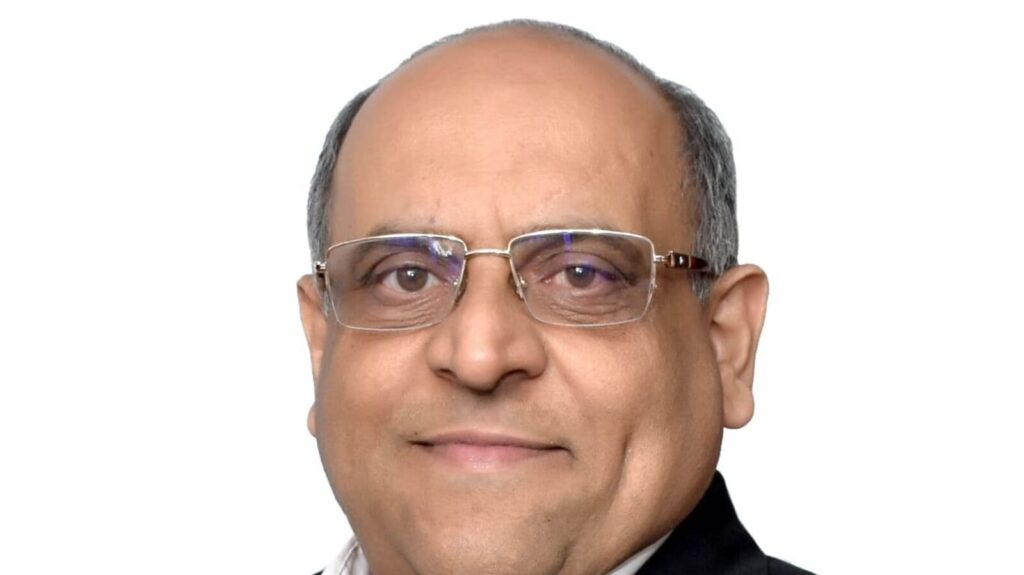New Delhi: Tax incentives for green mobility should continue for the benefit of consumers, according to the India head of Toyota Kirloskar Motor Pvt. Ltd, as the company continues to focus on electric and ethanol-powered vehicles.
“Taxes have to be linked to the societal goals, national goals… [which] right now are to move away from fossil fuel, to decarbonize and to indigenize,” Vikram Gulati, country head and executive vice president at Toyota Kirloskar Motor (TKM), told Mint in an exclusive interview.
“If you do not have a distinguishing taxation structure or rate differential between a petrol and a flex-fuel vehicle, inadvertently the consumer will have to pay more tax on a flex-fuel vehicle,” he said. “The first thing that needs to be done is to look at that element and make sure the consumer is not being disincentivized on a cleaner technology.”
Also Read | MP ideal location for Toyota to setup facility, invest in enhancing youth training: CM Mohan Yadav
That will boost demand and generate higher investments to develop manufacturing at scale and lower prices, Gulati said. He cited how 5% goods and service tax (GST) on electric vehicles, compared to the 18-28% GST range on fossil fuel vehicles, has helped boost sales for the zero-emission vehicles.
India sold over 1.95 million electric vehicles in 2024, about 27% more than the 1.53 million units the year before.
Toyota’s cleaner vehicle offerings include the Mirai, a hydrogen fuel cell car. The Japanese automaker is also planning to launch a new electric car in collaboration with compatriot Suzuki Motor Corp in India, the company had announced in October 2024. Toyota has also launched the Innova HyCross, a flex-fuel car, in India.
Also Read | Toyota Is Taking the Long Road to EV Success
To be sure, hybrid passenger vehicles, which are partly fuelled by electricity or zero-emission fuels and partly by fossil fuels, also attract 28% levy.
Hydrogen opportunity
While electric and flex-fuel vehicles have seen considerable offtake in India, the hydrogen fuel market is still in its nascent stage with limited infrastructure for storage and dispensing, according to Gulati. Hydrogen will be a major driver for green mobility in the future, especially for large vehicles, he said.
With about 95% of the Indian auto sector running on fossil fuels, flex fuels such as ethanol can help India reduce carbon emissions and become self-reliant in energy sources, said Gulati. Replacing petrol with a 20% ethanol-petrol blend would reduce the nation’s dependence on oil imports, ultimately benefiting farmers as ethanol is a biofuel.
Also Read | Space race: Toyota invests $44 million in Japanese rocket startup
“(Flex fuel) is not only clean, it is green, and it is also indigenous. And the best thing is it is something that is going to boost the agrarian economy,” he said. “That is a very low hanging fruit and with supportive policies, flex fuel vehicles will have a big role to play going ahead.”
Even as India aims to generate more clean energy and decarbonize its auto sector emissions with a goal of becoming a net zero carbon emitter by 2070, US president Donald Trump’s policies indicate that the world’s biggest economy shifting back towards fossil fuels.
President Trump, in the inaugural address of his second term on 20 January this year, promised to use the nation’s vast oil and gas reserves for exports.
“The US situation is an evolving situation. Let’s see how that goes. As far as India is concerned, I think it is very clear from all stakeholders, especially from the government and also from the industry, that the need is for energy self-reliance,” Gulati said.
“The need is to also address climatic change yet be pragmatic as we go…make sure that the transition is going to be non-disruptive as far as possible,” he said. “[And] make sure that we can leverage the huge potential that we have of various green energy sources within the country.”
Gulati also said the work on Toyota Kirloskar Motor’s Maharashtra plant in Chhatrapati Sambhaji Nagar (formerly Aurangabad) is moving ahead as per schedule. The company’s third manufacturing unit in Karnataka is set to add a capacity of about 100,000 cars a year when it becomes operational in FY26.
Source:https://www.livemint.com/companies/toyota-kirloskar-india-lower-tax-gst-evs-hybrid-vehicles-flex-fuel-hydrogen-fuel-cell-11739272829922.html

